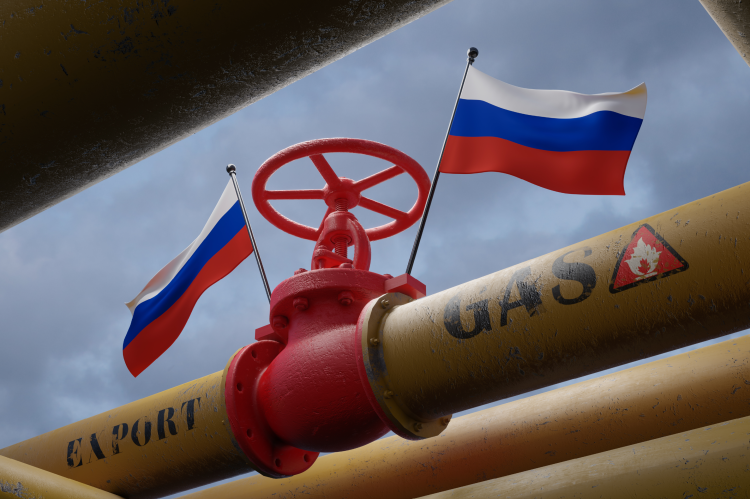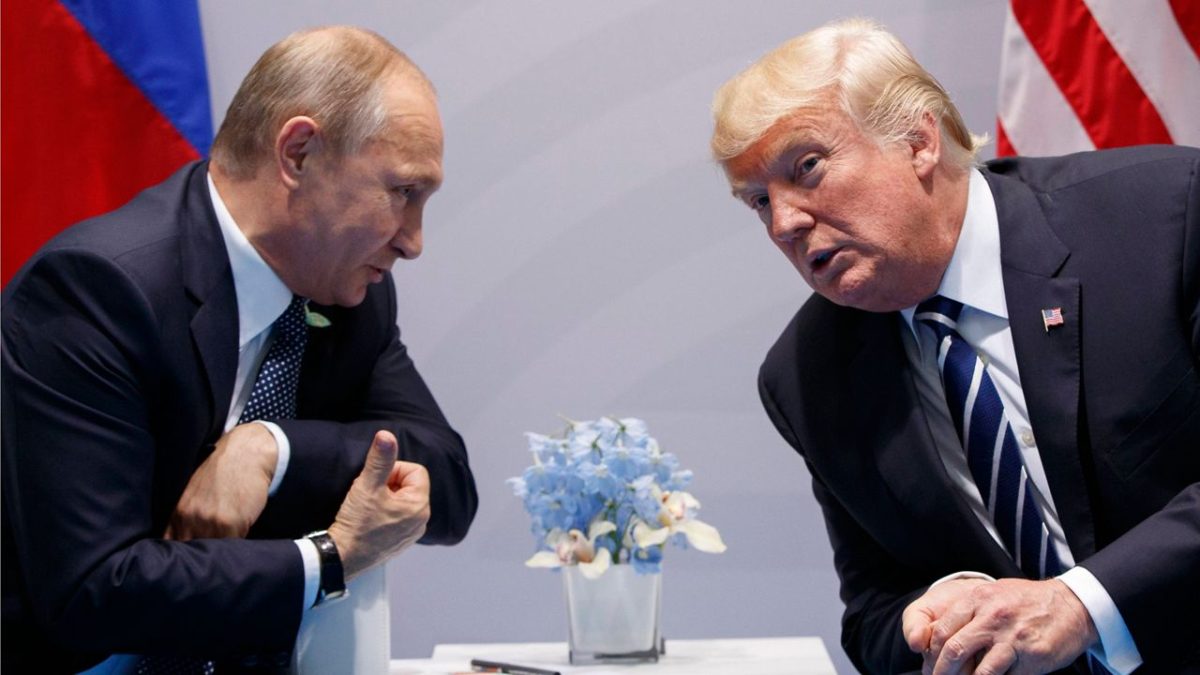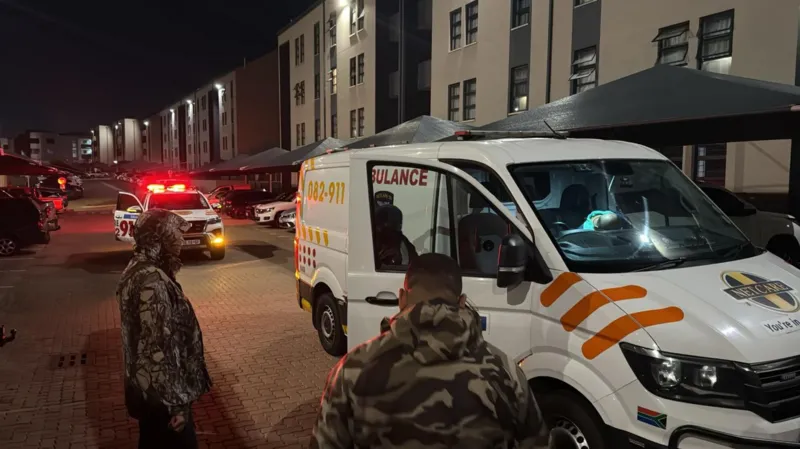It concerns Gazprom, a Russian gas company responsible for the extraction, transportation, and refining of natural gas, and Naftohaz, the Ukrainian version of Gazprom.
Historically, Europeans have been using Russian gas since the beginning of the 21st century. To be more precise, Russia started a gas partnership with European countries in 1973. Over the years, many of them have become dependent on this Russian resource.
This includes big countries like Germany and Italy, which together account for most of the European imports. In fact, after the Ukraine invasion, Germany was forced to increase their use of coal and build more wind farms to fill the energy gap. According to a Reuters news article, “They moved from 32% of gas imports from Russia in December 2021 to less than 10 percent in 2024.”
Besides Germany, some countries have not reduced their use of Russian gas. For some, it’s due to their incapability, but for others, it’s for political reasons. For some, depending on Gazprom gas represents a sort of diplomatic proximity between them and the Russian Federation.
Without Austria, Hungary, and Slovakia will be the only two EU countries using a significant amount of Russian gas supplies. “The Ukraine transit route met 65% of gas demand in Austria and its eastern neighbors, Hungary and Slovakia,” according to the International Energy Agency.
Considering the geopolitical situation between the European Union and the Kremlin, this contract has little chance of being renewed. The truth is, by sending troops to a sovereign country, Moscow has forced Europe to deal without them concerning their gas supply. In agreement with the European Energy Commissioner, “The EU can survive without Russian gas.”
Humanly speaking, next to the economic and political aspects, people like you or me will be affected. In fact, many homes in Austria are going to have difficulties heating their houses right in the middle of winter.
Also, Wienerberger, a company specializing in the manufacturing of bricks, will face a big issue concerning their supply of gas for their ovens, which are necessary for the construction of their bricks. Relying on the words of Wienerberger’s CEO in a France 24 interview, “Without the Russian gas, the company will need to progressively close manufacturing centers and must put its employees on technical unemployment.”









